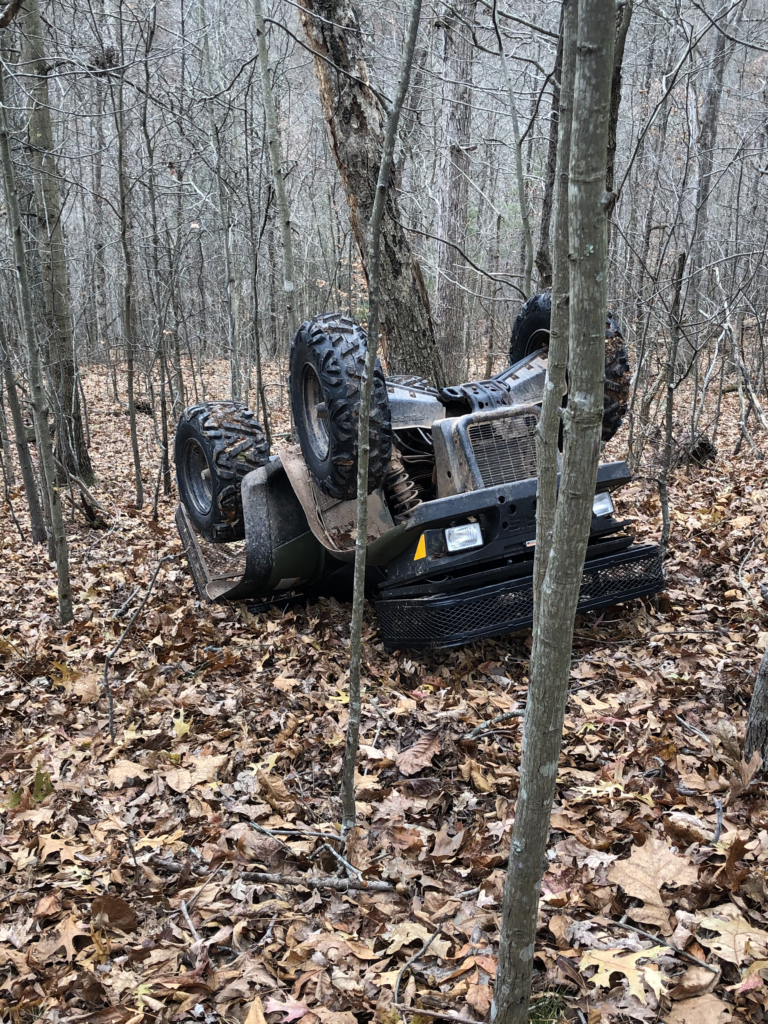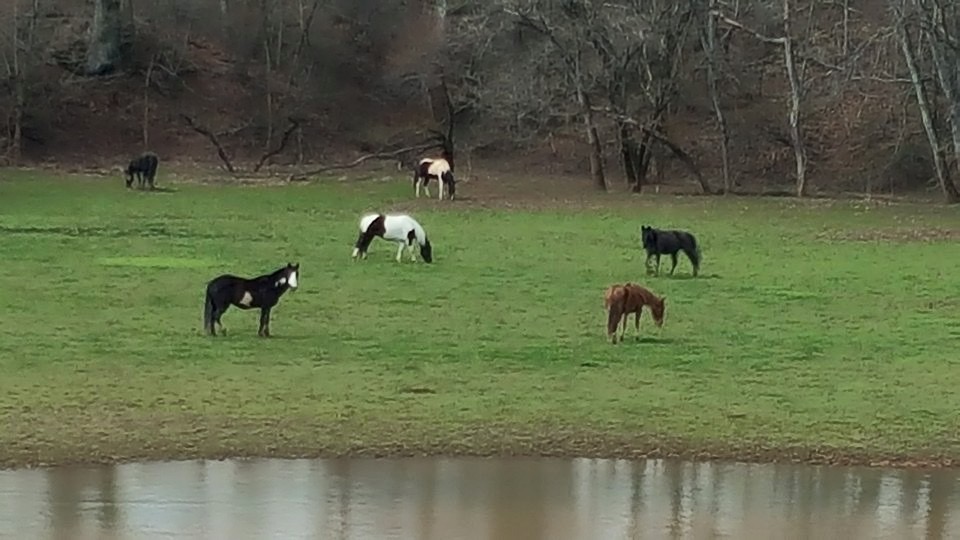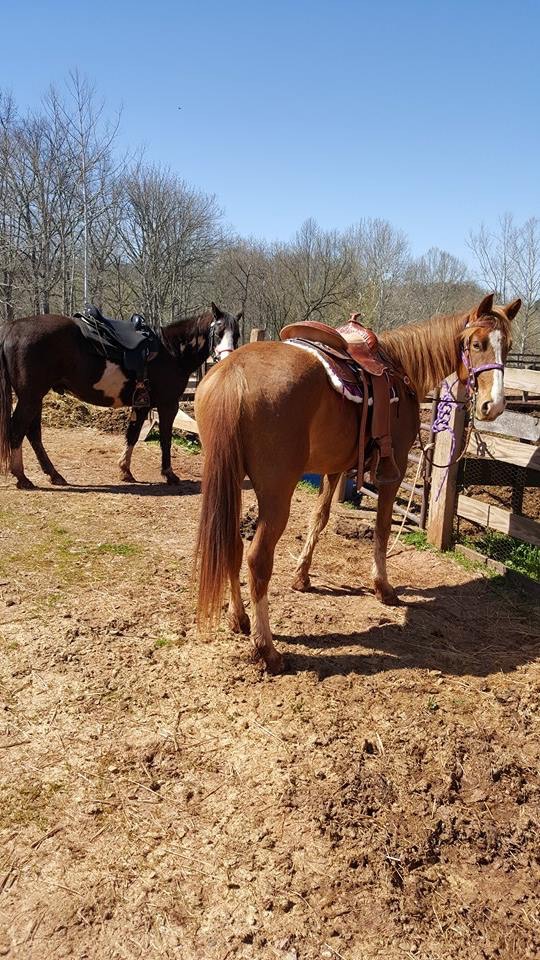Do you have a suitable plan for your horses in the event of an emergency? Not just a first aid kit for the cuts and scrapes, but a major catastrophe.

This current virus pandemic is keeping us home, and hopefully you are getting to spend extra time with your horses. At least if you are fortunate enough to have them home with you. But it is also making us think long and hard about our “What if? Plan”. I have always been a firm believer in disaster preparedness. Have certain supplies on hand; have basic food items stored, have medical and first aid covered.
Why Have a Plan For Your Horse’s Care
- Your horses are not the wild creatures of the open plain. They are completely dependent on people for their care and well being.
- Your well being is not guaranteed.
- Many horses enter the “unwanted” trail to auction when their owners can no longer care for them.
I even have a plan for care for my horses and other pets if something is going to keep me away past feeding time. Written directions for caring for them that I keep updated. Phone numbers of a short list of folks I can call to pitch in. A list of secondary folks including vets and farriers if my helpers need help.
I am also part of other people’s plans. The best way to get help is to be help. My mother was the best example of this I ever knew.
Lessons from Mom
My mother was always willing to help others. She took in stray people and kids. She would drive across the country to help someone in need. She would find whatever it was you needed and talk whoever had it into giving it away. I have to say, I didn’t always get it. Why expend so much energy and resources and time doing stuff for other people? Especially when it might take some time from our own family, or cause an unwelcome change in plans.
But really, I also knew that there wasn’t anything my mother ever needed that didn’t seem to show up. When our freezer quit there would be two hauled in and put in place by her friends. When one of us needed temporary transportation, there was no need to rent a car. One of Mom’s friends would step in with a loaner. I’m sure I wasn’t aware of all the help she got. It was never a pay back. It just seemed to happen. Why? Because she was quick to jump in when someone – anyone, needed help.

My Current Short-Term Plan
I wish my list of people to count on in an emergency was longer. But I hear folks complain that they have no one. Sometimes that means they have no one who will take care of the farm the way they do. I get that, but sometimes, having someone who will throw a bale of hay out in the wrong place in the field, but remembers to take the strings off the bale first, is pure gold. I don’t expect my back up folks to do things exactly like I would. If there are safety concerns, that’s what I stress, and make sure to explain.
So I have a plan – a written plan. Click here for a copy of my barn chores sheet. I do review and update it as needed before vacation, and I have a summer and winter version hanging in the feed room.
I think of it as my “What If? Plan”. I have used it a time or two, and I use it for vacation. What if I get hurt, or I’m in an accident and can’t get home to let the dog out and feed the animals. My plan directs my designated help on what to do. It works for daily chores and feeding, and even many emergencies.
What If – Serious Planning
What I didn’t have, until now, was a plan for “what if I can’t find hay, or feed, or dog food, or clean water?” It certainly didn’t cover “what if I get this virus and go to the hospital and never come home.” Yet that could happen.
So I have a list of suppliers and will do my best to keep it current. This means keeping a list of possible area hay suppliers. Many farmers in our area now use round bales exclusively. As it gets more difficult to get help in the hayfields, square bales are much harder for them to put up. We are not currently set up to store and feed round bales. But we have discussed it and we know it may be necessary to make some changes to accommodate them in the future.
My horses are easy keepers, and could thrive on quality hay and fresh water, so those are my primary objectives.
A list of area hay producers and phone numbers is essential. Of course, if you have a steady supplier, you will probably be close to the top of their customer list. If you change hay suppliers, you may want to develop a longer list of sources. I try to have my hay delivered, but we could haul it if needed. Think of sources you haven’t tapped, but may need to in a real emergency. Include them in your list. That may include a neighbor who doesn’t usually sell his hay, but may help you in a pinch. Or a friend who raises cattle and who’s hay is safe for horses, but not as palatable as your usual source.

The Ultimate Emergency
Oh, I have friends who have shared that they have made arrangements in their wills for the disposition of their dogs or horses. I just never got that far. And I needed to get there. Certainly, I know that if something happens to me, my husband will see that the horses are taken care of and safe. He has taken care of them for me many times and knows them as well as I do. But, WHAT IF I am never coming home? He loves and enjoys the horses, but they are my passion, not his. Horses are a lot of work, and more so for one person alone. The truth is, there is way more to do to keep this place up than one person could do.
So, he needs a plan for finding the horses a new home – not an easy task these days. And not a task to take on when you are grieving the loss of your spouse. A hard truth is that there are people out there who will gladly take any free horse. And they will promise to keep it and love it like you have. But then they take it to auction and sell it for a couple of hundred dollars. I need to protect my horses from that fate.
My husband and I do most things together, so the other scenario I need to have covered is WHAT IF we both meet a tragic end and don’t come home. We had neighbors who died together in a car accident while on vacation.
The Ultimate Final Plan
In the event that I am never coming back to the farm to care for my two horses:
My goal is to prepare a written mutual agreement with two or three individuals who have the means to care for my two horses, Candy and Chance. In return, I will either compensate them for initial care, or in some cases, I will agree that if they cannot care for their own animals, I will step up. Reciprocity at its finest?
Chance is young and healthy enough to find a new home. My challenge is to keep him trained well enough that he can easily be placed in a new permanent home. I want him to be the horse that anyone would be happy to keep, because that is the best way to keep him from the dreaded auction.
Candy is at least 23 years old, arthritic and on the spooky side. Keeping her in one place will take some serious planning. The alternative is to leave instructions and money for her to be euthanized and cremated. Gosh, this isn’t even easy to write!
Just as formalizing plans for our own final arrangement is difficult, so is doing the same for our animals. But entering my 8th decade is a reality I can’t ignore. And it matters not our age, tragedy can strike whether we are prepared or unprepared.

Do you have a plan for your horses? Dogs? Livestock? Cats?
Do you have a plan for taking care of the animals you love and cherish? I would love to hear about your plans. Please comment and share so we can all support one another’s ideas.
Would it help to have a checklist or sample care agreement to share? I will be working on mine and will share it with you.
Related Posts: https://randomcanyoncrafts.com/farm-chores/
Leave a Reply